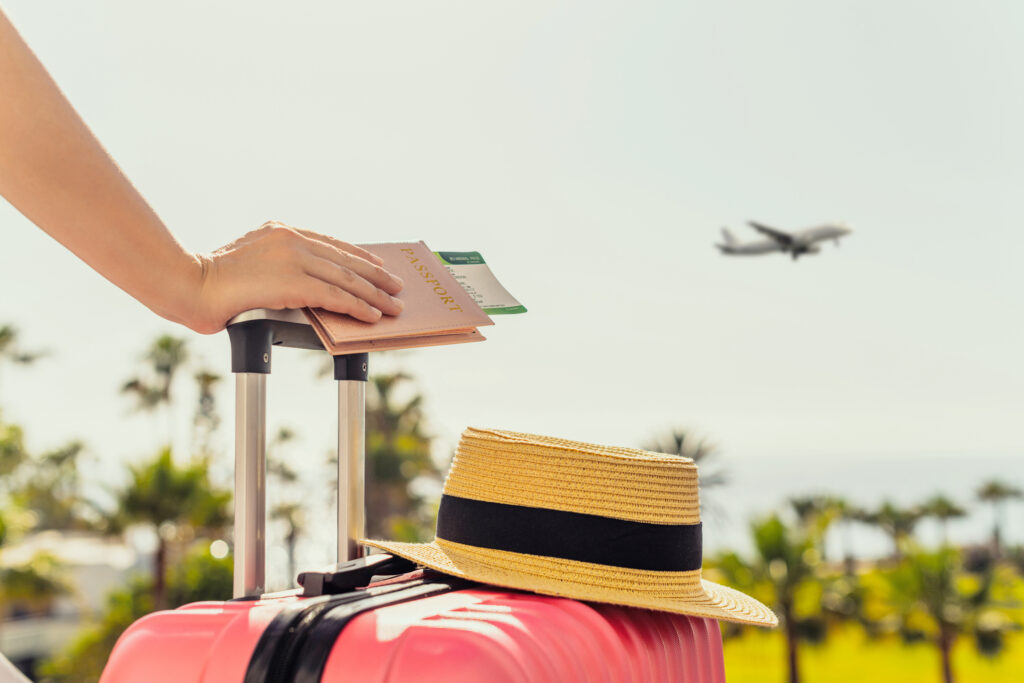Deciding whether to buy travel insurance is enough to drive you crazy. It adds to your overall trip expenses, so most of us are inclined to skip it. But what if you don’t get it and then something happens and you end up needing it? There’s no law that says you have to buy it, but it can provide peace of mind, and it can really save your bacon in some situations. (Emphasis on ‘some’.) But is it a good thing overall, or a waste of money?
1. Trip cost and length
One of the primary things to consider is the overall cost of your trip and how long you’ll be gone. If you’re going on a brief weekend getaway, or a trip you’ve carefully planned for affordability, you may not have much need for travel insurance. But for longer, more expensive trips—especially international travel—insurance starts to become a more justifiable investment. That’s because you’re putting a lot more money out for those types of trips, so you have more to lose.
2. Type of trip
If you’re taking a basic road trip, your existing insurance coverage—like car insurance and health insurance—may be all the protection you need. But for more expensive vacations with more transportation and accommodations—like cruises, international travel, or adventure trips—specialized travel insurance can be important. These types of trips often have non-refundable expenses and unique risks that standard insurance policies may not cover. Check out our article on budget travel tips to find ways to save!
3. Health considerations
Your health and the potential health or injury risks of your destination and planned activities are another important thing to think about. If you have medical conditions or are traveling to a region with limited access to good healthcare, it’s a good idea to purchase insurance that includes medical coverage. This can cover medical emergencies, evacuation, and transporting you to an appropriate healthcare facility.
4. Prepaid expenses
Think about how much of your trip you’ve paid for in advance. If you’ve booked a non-refundable hotel room, tours, flights, or cruises, travel insurance can help you get a refund in case you need to cancel or cut your trip short due to unforeseen circumstances like illness, injury, or family emergencies.(But travel insurance doesn’t necessarily cover everything, so read the policy carefully before you think about committing to it.
5. Travel interruptions and delays
Travel insurance can provide coverage for trip interruptions and delays, which are pretty common these days. If your trip is disrupted due to weather, flight delays or cancellations, or other unforeseen events, insurance can help cover additional expenses like accommodations, meals, and transportation.
6. Lost luggage
Losing your luggage or having it delayed can throw a major wrench in your trip. Travel insurance usually covers lost, stolen, or delayed baggage, which can help reimburse you for essential items and clothing you might need to buy while you wait for your bags to be recovered or replaced.
7. Emergency assistance
Travel insurance will usually give you access to 24/7 emergency assistance services. These services can be invaluable when you are in cases where you lose your passport, need legal assistance, or need help with medical emergencies.
8. Personal liability
In some situations, you might accidentally injure someone else or damage property while you’re traveling. Travel insurance policies usually include personal liability coverage, protecting you in case of a lawsuit or liability claim.
9. Assess existing coverage
Before purchasing travel insurance, review your existing insurance policies, including health, homeowners, car, and any coverage your credit card might provide. Some of these policies may already offer travel-related protections. But check for any limitations or gaps in coverage that travel insurance could fill.
10. Read the policy carefully
If you decide to buy travel insurance, it’s important to read the policy carefully. Make sure you understand the coverage limits, exclusions, and terms and conditions. Different policies offer varying levels of coverage, so choose one that matches your specific needs and the type of trip you’re planning.










